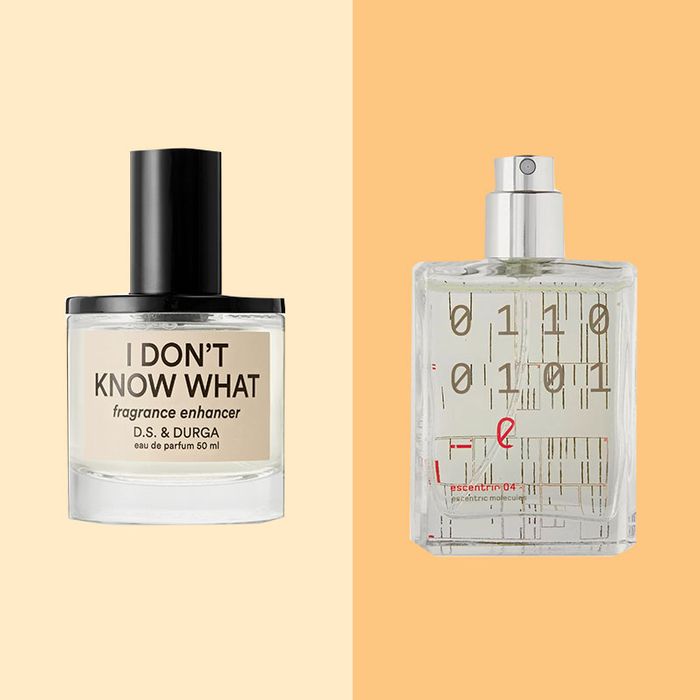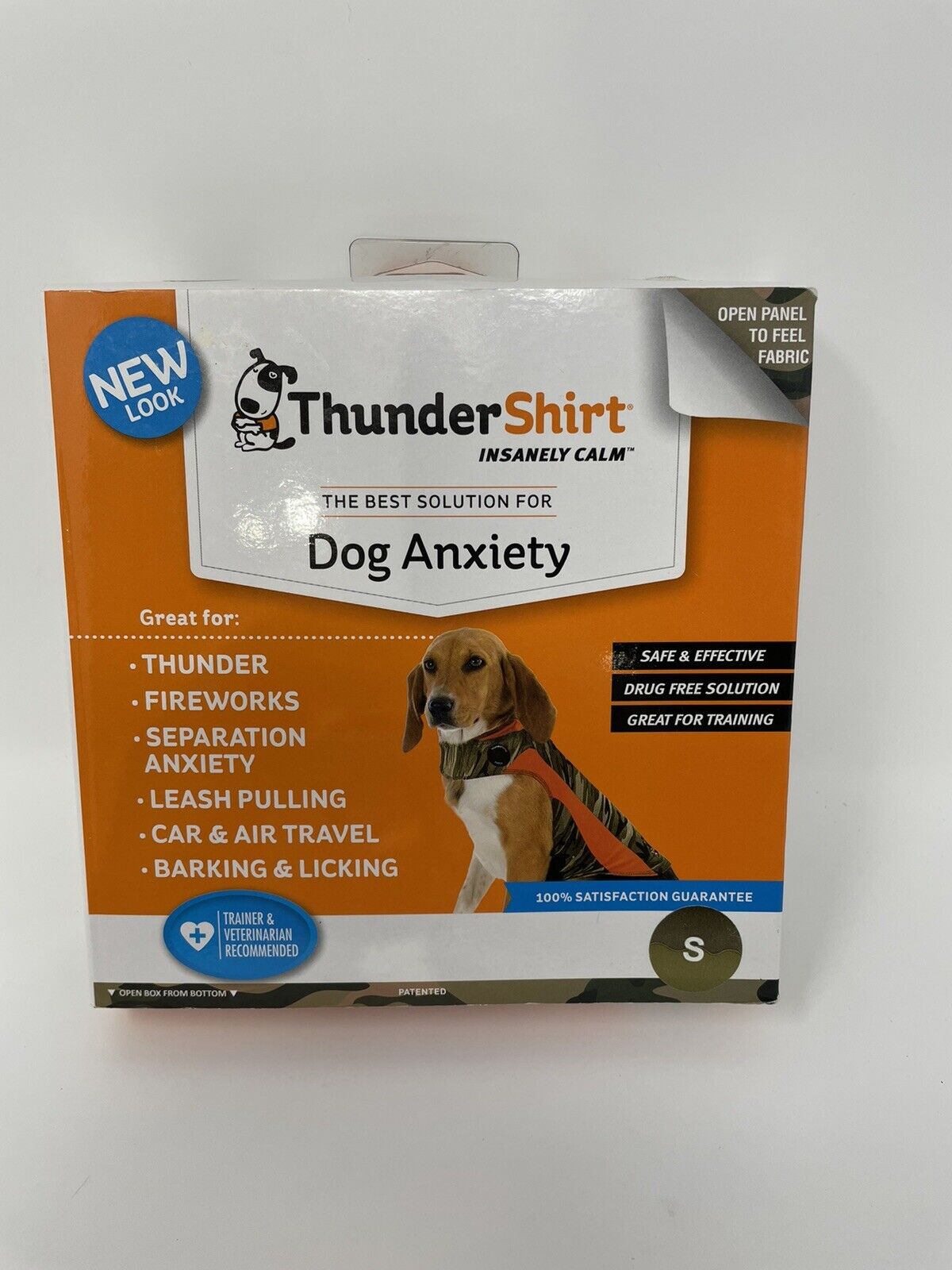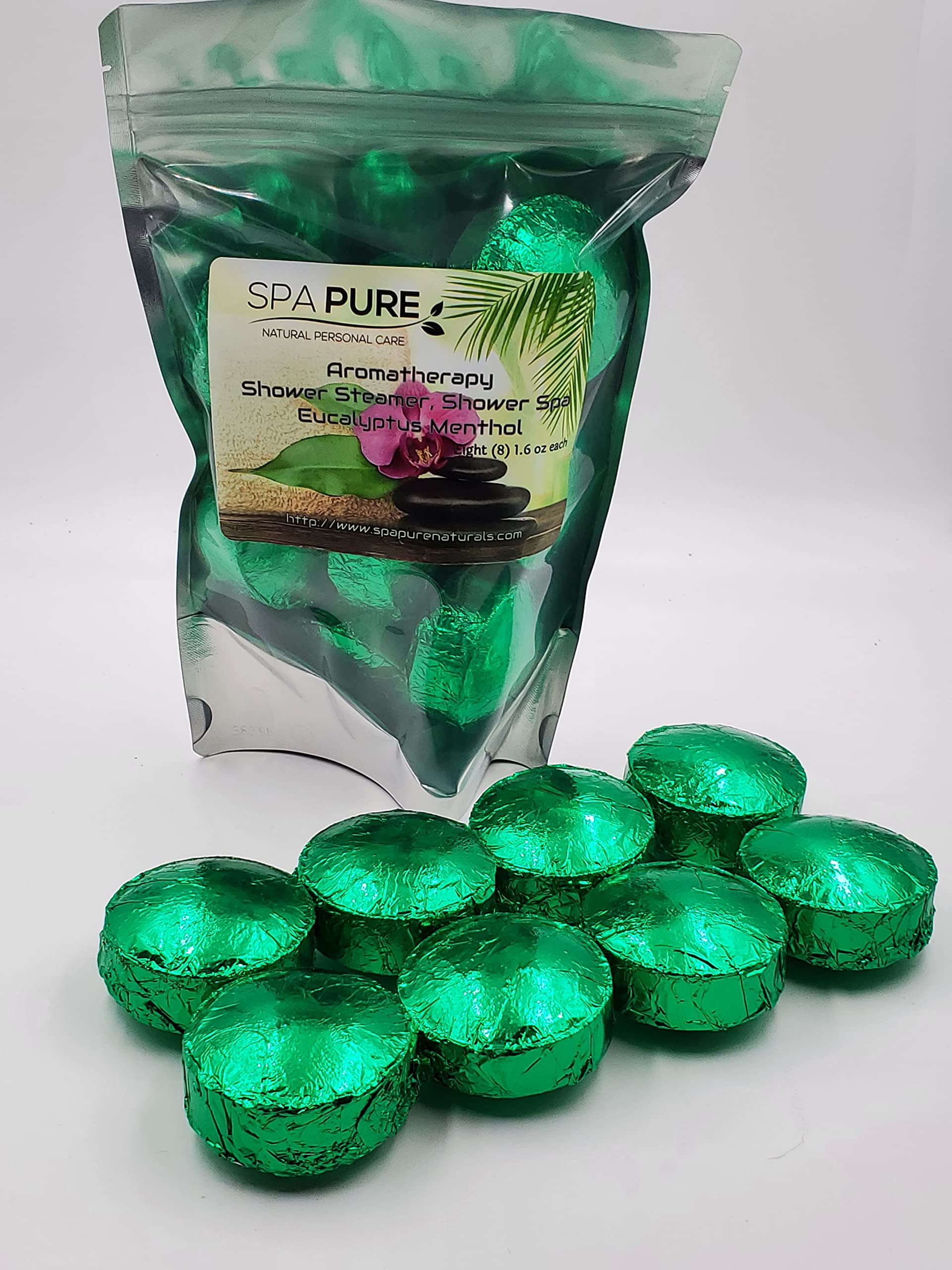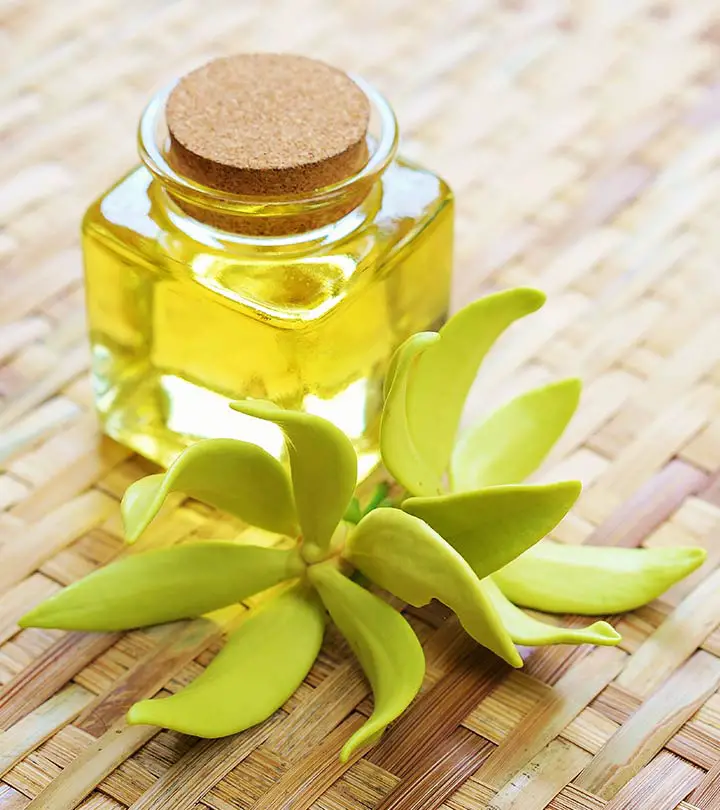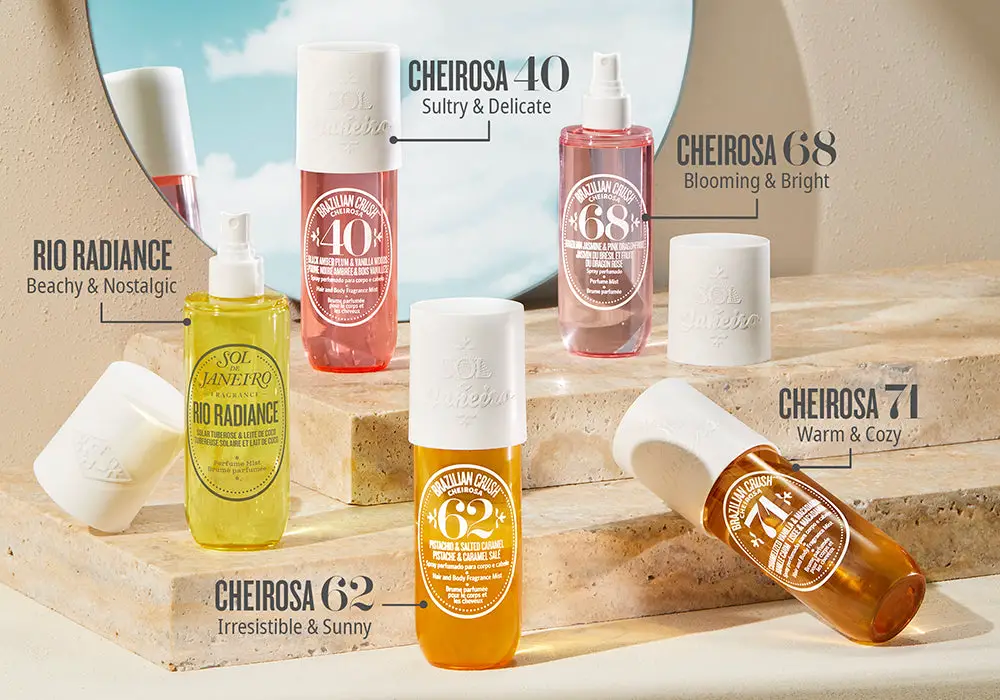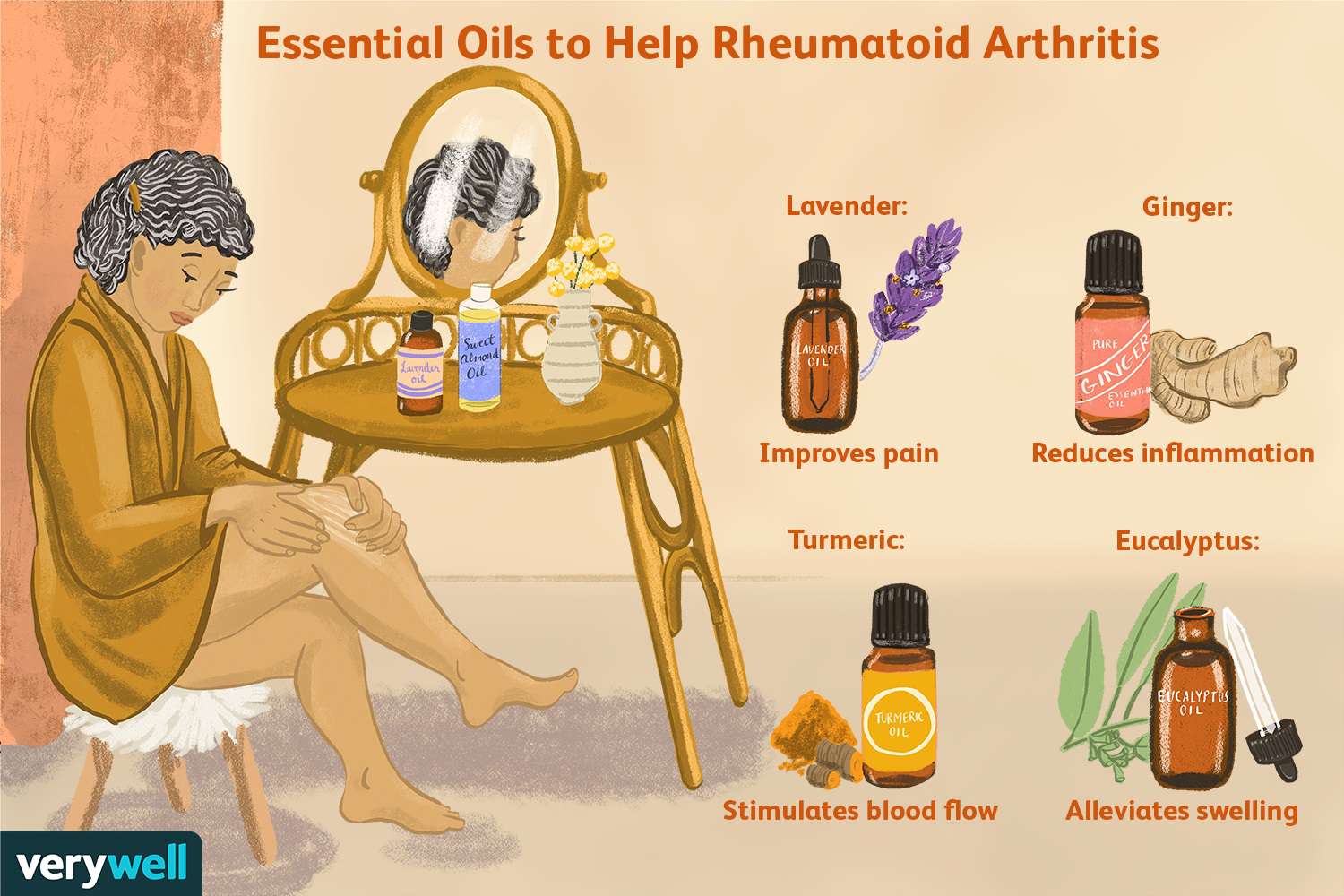Lavender aroma is good for anxiety relief. It promotes relaxation and calms nerves.
Anxiety can be overwhelming and debilitating. It can affect one’s mood, emotions and daily life. Finding ways to cope with anxiety is important for mental and emotional wellbeing. While there are medications and therapies available, natural remedies such as aromatherapy can also be helpful.
Aromatherapy uses essential oils to promote relaxation and ease stress and anxiety. Lavender is one of the most commonly used essential oils for anxiety relief. Its soothing and calming properties make it an effective remedy for anxiety and stress. Other essential oils that may help reduce anxiety include bergamot, chamomile, frankincense, and ylang-ylang. Incorporating aromatherapy into one’s daily routine can help improve overall mood and reduce symptoms of anxiety.

Credit: health.clevelandclinic.org
The Science Behind Aromatherapy
Aromatherapy has been around for centuries, primarily used for therapeutic purposes. It is the practice of using essentials oils extracted from plants to alleviate many ailments, including anxiety, stress, and depression. Aromatherapy works by stimulating the olfactory receptors in the brain, which then signals the limbic system.
How Does Aromatherapy Work?
Let’s take a closer look at how aromatherapy works:
- Essential oils are extracted from plants, such as lavender, peppermint, and chamomile, mainly through steam distillation. These oils contain aromatic compounds that are believed to have therapeutic properties.
- When inhaled, the aroma of essential oils stimulates the olfactory receptors in the nose, which sends signals to the brain.
- The odor molecules from the essential oils bind with receptor cells in the olfactory epithelium, sending signals to the olfactory bulb.
- The olfactory bulb is responsible for processing the signals and transmitting them to the brain’s limbic system, which controls emotions, memories, and behavior.
- Essential oils can also be absorbed through the skin, which is why aromatherapy massage is so popular. Essential oils are mixed with a carrier oil like almond oil or jojoba oil and massaged into the skin.
The Role Of Essential Oils In Aromatherapy
Essential oils play a significant role in aromatherapy. Here are some essential oils commonly used for anxiety relief:
- Lavender oil is one of the most popular essential oils used for anxiety relief. It produces a calming effect and helps promote relaxation and sleep.
- Bergamot oil is known for its mood-boosting properties. It helps reduce stress and anxiety, and also helps promote better sleep.
- Chamomile oil has natural sedative properties that help reduce anxiety and promote relaxation.
- Ylang-ylang is an exotic oil that helps reduce anxiety and depression. It also has aphrodisiac properties and is used to enhance mood and energy levels.
- Peppermint oil is known for its cooling effect that provides relief from stress and anxiety. It helps improve concentration and alertness.
Essential oils are potent and should always be diluted with a carrier oil before use. Always consult with a qualified aromatherapist or healthcare provider before using essential oils, especially if you are pregnant, nursing, or have a pre-existing medical condition.
Aromatherapy is an effective way to alleviate anxiety and promote relaxation. The science behind aromatherapy is fascinating, and essential oils play a crucial role in its success. So, go ahead and enjoy the natural healing powers of aromatherapy today!
Best Essential Oils For Anxiety
Stressful situations in our lives can lead to feeling overwhelmed and anxious. One way to address these feelings is through the use of essential oils. Here are some of the best essential oils for anxiety:
Lavender
Lavender is famous for its relaxing properties. It has a soothing scent that helps to calm the mind and ease anxiety’s symptoms. Here are some benefits
- Helps decrease heart rate, blood pressure and stress levels
- Improves sleep quality
- Promotes relaxation as it seems to lessen the feelings of edginess and related tensions that typically lead to headaches, migraines, and disturbed sleep
Bergamot
Bergamot oil has a citrusy scent and is an excellent mood booster. It helps combat stress and anxiety by activating serotonin and dopamine within the brain, resulting in feelings of relaxation, calmness, and clarity. Here are some benefits
- Reduces cortisol levels
- Helps control mood swings and depression
- Provides a calming sensation that can help with insomnia and agitation
Frankincense
Frankincense oil has a woody and sweet scent. It is great for anxiety since it can help enhance the brain’s oxygenation, defer negative sensations and provide emotional equilibrium. Here are some benefits
- Supports the immune system and helps decrease negative feelings related to stress
- Increases awareness and promotes a clear state of mind
- Eases pains that are associated with anxiety such as headaches, and muscle pain
Ylang Ylang
With a sweet floral scent, ylang ylang has calming and sedative effects. It helps relieve anxiety symptoms such as increased heart rate, high blood pressure, and rapid breathing while stimulating a positive mood. Here are some benefits:
- Reduce nervous tension, anxiety, and stress-related depression
- Enhance positive emotions and encourage relaxation
- Lowers blood pressure and heart rate
Lemon
Lemon oil’s fresh citrus scent can assist in uplifting a person’s mood. Not only can it help alleviate anxiety and stress, but it is also renowned for its antifungal and antibacterial properties. Here are some benefits:
- Alleviates feelings of tension, anxiety, and stress
- Eases physical symptoms related to stress such as depression and headaches
- Boosts cognitive abilities and concentration
Overall, these essential oils are an excellent alternative to anxiety medication. They help alleviate symptoms related to stress, anxiety, depression, headaches, sleep disorders, and many other symptoms. Consider using them as part of a holistic approach to manage stress and anxiety in your everyday routine.
How To Use Essential Oils For Anxiety Relief
What Aroma Is Good For Anxiety
When it comes to managing anxiety, different methods work for different people. Some prefer a holistic approach using natural remedies such as aromatherapy. Essential oils are highly concentrated plant extracts that have been used for centuries to treat a variety of conditions, including anxiety.
In this blog post, we will take a closer look at how to use essential oils for anxiety relief.
Diffusion Techniques
Diffusion is one of the most common ways of using essential oils. It involves dispersing the oils into the air, allowing their aroma to be inhaled. This method is great because it is easy and convenient to use. Here are some diffusion techniques to try:
- Use a diffuser: Ultrasonic diffusers are readily available in most stores where aromatherapy products are sold. Fill the diffuser with water, add a few drops of essential oils, turn it on, and let it run for about 20-30 minutes.
- Steam inhalation: Add a few drops of essential oils to a bowl of hot water. Lean over the bowl, cover your head with a towel, and inhale deeply for a few minutes.
- Room sprays: Mix a few drops of essential oils with water and add them to a spray bottle. Use as a room spray to create a calming atmosphere.
Topical Application
Topical application involves directly applying essential oils to the skin. This method is effective because the oils are absorbed through the skin into the bloodstream. Here are some tips for topical application:
- Always dilute the oils: Essential oils are highly concentrated and should be diluted with a carrier oil such as coconut or jojoba oil before applying to the skin.
- Target pulse points: Apply the diluted oil to pulse points such as the wrists, temples, and behind the ears.
- Use in massages: Add a few drops of essential oils to a carrier oil and use as a massage oil.
Bath And Body Products With Essential Oils
Adding essential oils to your bath or using body products containing essential oils is another way to enjoy their benefits. Here are some tips to try:
- Add oils to your bath: Mix a few drops of essential oils with a carrier oil or epsom salts before adding to the bath.
- Use in body products: Look for body washes, lotions, and creams that contain essential oils.
Using essential oils for anxiety relief is a natural and effective method. By trying different methods such as diffusion, topical application, and bath and body products, you can find the one that works best for you. Remember to always use high-quality essential oils and follow safety guidelines when using them.
Combining Aromatherapy With Other Therapies
Aromatherapy is an alternative medicine that uses natural plant extracts and essential oils to promote relaxation and restful sleep, amongst other benefits. But when combined with other therapies, it can create an integrative approach to healing, which addresses the mind, body, and spirit as a whole.
Here’s how you can blend aromatherapy with other complementary therapies:
Integrating Essential Oils With Massage Therapy
The combination of massage therapy and aromatherapy has been shown to be effective in reducing anxiety, stress, and depression while promoting relaxation. Some key points are:
- The essential oils mixed with carrier oils can be absorbed through the skin during a massage.
- The aroma of essential oils can soothe the senses, reduce anxiety and stress levels, even more, when combined with a calming massage.
- Different types of essential oils can be used for different body issues, such as lavender for headache, peppermint for muscle pain, or sweet orange for promoting relaxation.
Yoga And Aromatherapy
Yoga and aromatherapy work together seamlessly. Aromatherapy can enhance the benefits of yoga practice by soothing the mind and calming the senses. Here are some ways aromatherapy offers benefits in yoga:
- Using essential oils on a diffuser or a scented candle is an easy way to breathe in the aroma and calm the senses before or during practice.
- Applying essential oils on acupressure points or pulse points helps to soothe the mind and enhance meditation practice.
- Essential oils can also be used to clean yoga equipment, such as mats, as a natural alternative to chemical cleaning products.
The Benefits Of Acupuncture And Aromatherapy
Combining acupuncture and aromatherapy is another integrative approach to promoting relaxation, reducing stress, and improving overall well-being. Here are some key points to consider:
- Acupuncture and aromatherapy are believed to work together to help open up and balance the flow of energy through the body.
- Essential oils can be used to calm the senses before or during a session, thus increasing the overall effectiveness of acupuncture.
- Some essential oils, such as frankincense, may have pain-relieving properties, making them a great option for those undergoing acupuncture treatment.
Safety Concerns And Precautions
Anxiety is one of the most common mental health conditions, affecting millions of people worldwide. While there are various treatments for anxiety, some people turn to natural remedies like essential oils as a complementary therapy. Essential oils have been used for centuries to manage anxiety, but it’s essential to know what aroma is good for anxiety and how to use them safely to avoid potential risks.
In this post, we will discuss safety concerns and precautions related to essential oil use for anxiety.
Potential Side Effects Of Essential Oils
Essential oils are concentrated plant extracts that contain a potent fragrance. While they are generally considered safe when used in moderation, they can cause adverse reactions or side effects in some people. Here are some potential side effects of essential oils:
- Allergic reactions: Some people may develop an allergic reaction to essential oils, leading to symptoms like itching, redness, or hives.
- Skin irritation: Certain essential oils can cause skin irritation or burns, particularly when applied undiluted to the skin.
- Photosensitivity: Some essential oils can make your skin more sensitive to sunlight, leading to sunburn or skin damage.
- Breathing difficulties: Inhaling essential oils directly from the bottle or diffuser may cause breathing difficulties in some individuals, especially those with respiratory issues.
Safety Tips For Essential Oil Usage
To avoid potential side effects, here are some safety tips for essential oil usage:
- Always read the label: Essential oils vary in their potency and recommended usage. Always read the label and follow instructions carefully.
- Dilute before use: Most essential oils should be diluted before use to prevent skin irritation or burns. Mix the essential oil with a carrier oil like coconut, jojoba, or almond oil before applying it to your skin.
- Test for allergic reactions: Before using an essential oil, test it on a small patch of skin to check for any allergic reactions.
- Avoid contact with eyes and mucous membranes: Essential oils should not be used near the eyes, mouth, or nose, as they can cause irritation or burning.
- Store properly: Essential oils should be stored in a cool, dry place, away from sunlight and heat.
Precautions For Pregnant Women, Children, And Pets
While essential oils can be beneficial for managing anxiety, certain precautions should be taken for pregnant women, children, and pets.
- Pregnant women: Some essential oils are not safe for pregnant women, as they can stimulate uterine contractions or cause miscarriage. Avoid using essential oils like clary sage, rosemary, cinnamon, and peppermint during pregnancy.
- Children: Children have sensitive skin and respiratory systems, and certain essential oils can be harmful to them. Essential oils like eucalyptus, peppermint, and rosemary should not be used on children under the age of five.
- Pets: Pets have a different metabolism than humans, and certain essential oils can be toxic to them. Essential oils like tea tree, peppermint, and citrus oils should not be used on pets.
By following these safety concerns and precautions, you can use essential oils for anxiety safely and effectively. Always consult a healthcare practitioner if you have any underlying health conditions or concerns about using essential oils.
Frequently Asked Questions On What Aroma Is Good For Anxiety
What Aroma Relieves Anxiety?
Aroma of lavender oil is known for its calming effects on the body and mind. Chamomile, sandalwood, bergamot, and rose are some other aromas that can alleviate anxiety.
How Do Aromas Affect The Brain?
Aromas can affect the brain by triggering the limbic system, which is responsible for emotions, memories, and mood. The limbic system can activate the release of chemicals that help in reducing anxiety.
How To Use Aromas For Anxiety Relief?
Aromas can be inhaled through diffusers, sprays, and scented candles. Essential oils can also be mixed with carrier oils to apply topically. Aromas can be added to bath salts or used in massage oils for a relaxing effect.
Can Aromas Replace Medication For Anxiety?
While aromatherapy can help reduce mild anxiety, it cannot replace medication for severe anxiety. Aromatherapy can complement traditional therapy by helping to manage symptoms and reduce stress levels.
Are There Any Precautions While Using Aromas?
Aromatherapy is safe when used as directed. However, it is advisable to test for allergies before use. Do not ingest essential oils and avoid direct skin contact as it may cause allergies or irritations.
Conclusion
The powerful effects of aroma on anxiety cannot be overlooked. Aromatherapy has been used as a complementary therapy for years, and now there is scientific evidence to back up its effectiveness. Essential oils such as lavender, bergamot, chamomile, ylang-ylang, and lemon have been found to effectively reduce anxiety symptoms.
These oils can be used in various ways, including diffusion, inhalation, or in massage oils. It is important to note that aromatherapy should not be used as a standalone treatment for anxiety disorders, but rather as a complementary therapy alongside other treatments.
Before using essential oils, it is essential to do a patch test and ensure that you are not allergic to any of the ingredients. With the knowledge of which aromas are effective for anxiety, individuals can incorporate aromatherapy into their daily routine and enjoy the calming and soothing benefits.

